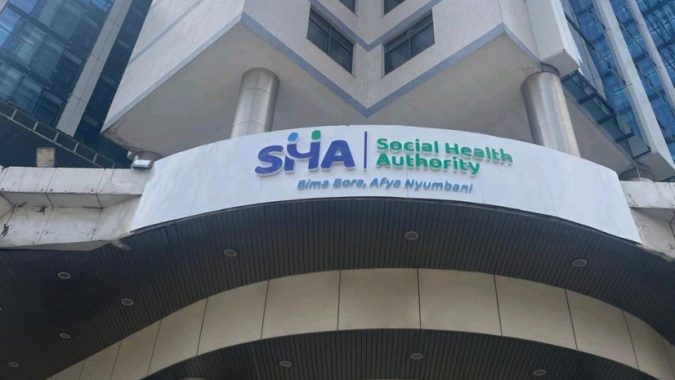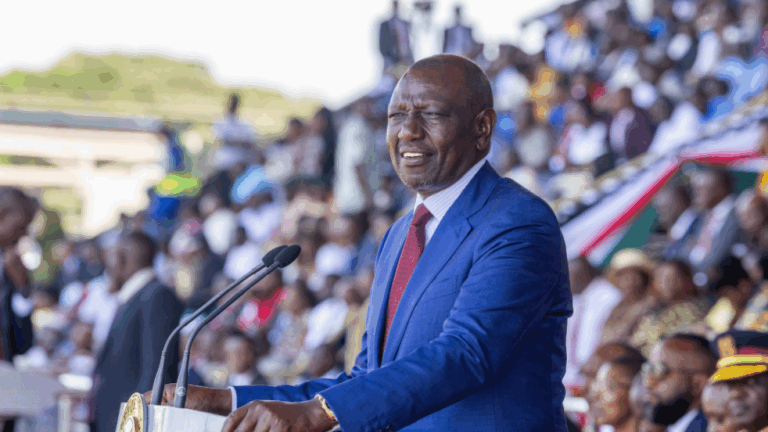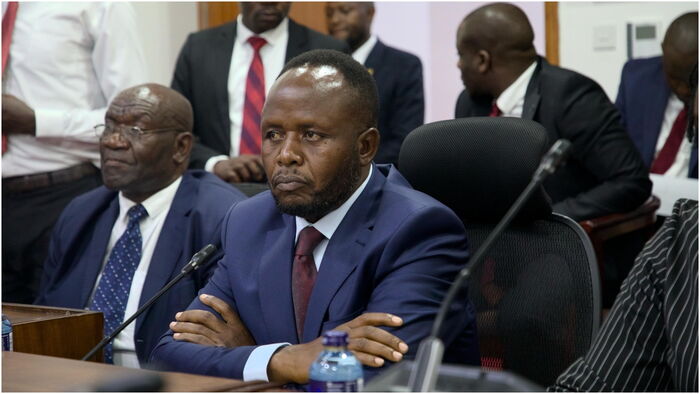
Kenya is facing a full-blown healthcare access crisis as the Social Health Authority (SHA) stalls, hospitals threaten to turn away SHA cardholders, and desperate patients across the country are forced to pay out of pocket or be denied treatment. Hours after private facilities issued notices demanding cash payments, shocking stories of women in labour and the critically ill turned away for lack of immediate cash have emerged, painting a grim picture of a public health system in collapse.
Systemic Failure: SHA’s Collapse Hits Kenyans Hard
In many hospitals, patients presenting SHA cards or registered under SHA policies are being told to pay first—no exceptions. Meanwhile:
- Outstanding debts owed by SHA and the defunct National Hospital Insurance Fund (NHIF) to hospitals have ballooned into the tens of billions of shillings, crippling operations. Hospitals are reported to owe suppliers and staff wages but cannot stretch credit any longer.
- The Rural & Urban Private Hospitals Association (RUPHA) has issued a formal directive that its member hospitals will start treating all patients—unless otherwise noted—on a cash basis. SHA card coverage is being suspended.
- Key outpatient services, once promised to be covered under SHA, are now missing or only partially covered. Patients are being charged for basic lab tests, consultation fees, and even emergency obstetric care.
Heartbreaking Cases, Rising Desperation
Across regions, stories are emerging that illustrate the human cost:
- A pregnant woman with a high-risk condition was denied admission in Kiambu because the hospital suspended SHA services—and she could not raise the cash required for a scan.
- Chronic illness patients, including those needing dialysis or cancer treatment, are finding next to no options unless they pay large sums up front.
- Hospitals, once reliant on SHA/NHIF reimbursements, now operate on razor-thin margins. Some facilities report having served fewer patients per day than usual. Others have cut down non-emergency services or shut down entirely because of lack of cash flow.
Who’s Responsible — And What Went Wrong
At the center of the crisis is the transition from NHIF to SHA—a policy reform meant to broaden healthcare coverage. Key failures include:
- Delayed payments to health facilities under SHA. Claims submitted months ago remain unsettled. Hospitals say some SHA liabilities have gone unaddressed.
- Outpatient services and other essential health service benefits budgeted in SHA packages are reportedly underfunded or misaligned, making many promises ineffective in practice.
- Private and faith-based hospitals are being burdened with financial risk—they are providing services without reimbursement and cannot sustain operations indefinitely without cash inflows.
The Political Fallout, Health Risks & Urgent Questions
What was meant to be Kenya’s bold leap toward Universal Health Coverage is now becoming a politicized liability.
- Civil servants who faithfully remit SHA contributions say they’re betrayed if the scheme does not protect them.
- Public confidence in government promises is eroding; healthcare is being perceived no longer as a right but as a commodity.
- Health experts warn of mounting risks: untreated infections, maternal deaths, worsening of chronic disease, and long-term damage from neglect.
What Must Be Done — And Soon
- Clear timeline for SHA and NHIF to settle all outstanding debts to private, faith-based, and public facilities.
- Restore outpatient care benefits fully and ensure promised services are delivered without cash pre-payment for those covered.
- Transparent communication to the public: what is covered, what is not; what the timelines are; what patients should do.
- Oversight and accountability for health administrators who delay or deny claims, and those who mismanage resources.







